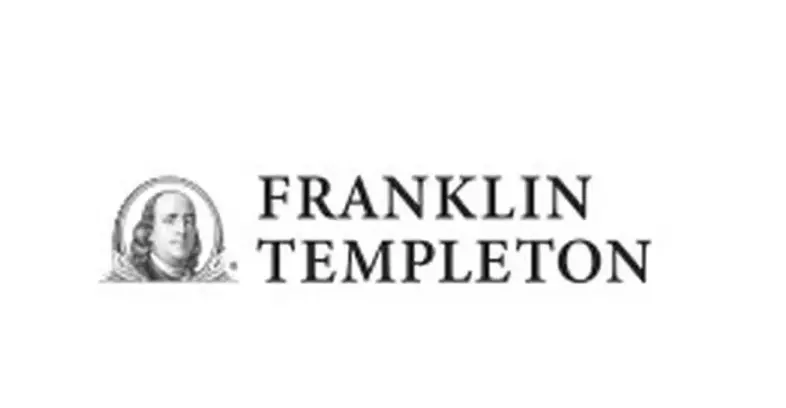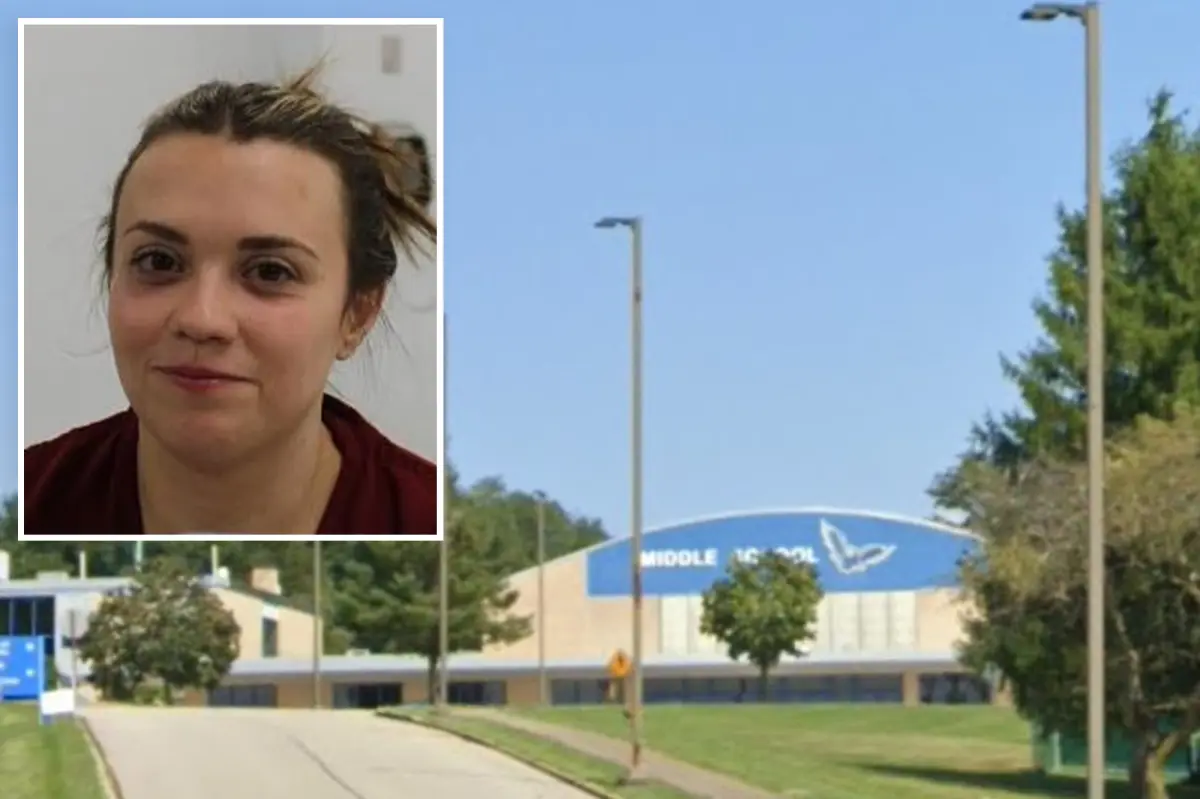Teacher Disciplined for Saying “Privilege” Training Involved “White-Bashing BS” Can Go Forward with First Amendment Claim
By Eugene Volokh
Copyright reason

[1.] The parties dispute whether Grande was required to attend the training but it is undisputed that Grande was not required by his employer to speak during the breakout session. Although Grande spoke at a professional development training session purportedly related to student engagement, Grande’s comments were not directed at how to engage students in his class. Rather, Grande voiced his opinion that an exercise at the training targeted teachers in a discriminatory manner based on their race and gender. Grande’s criticism of a social identity exercise as discriminatory is not “‘part-and-parcel of his concerns’ about his ability to ‘properly execute his duties'” as a teacher ….
[2.] Defendants assert that when Grande spoke in the breakout session he was airing personal grievances to other teachers rather than speaking on a matter of public concern. Grande asserts that his comments that the training exercise was “white bashing BS” and he felt “man bashed and white shamed” were directed at what he perceived as gender and race-based discrimination in the workplace and therefore matters of public concern.
“Speech deals with matters of public concern when it can be fairly considered as relating to matters of political, social, or general interest to the community or value and concern to the public.” To identify matters of public concern, courts consider “the motive of the speaker, cognizant that speech on a purely private matter does not pertain to a matter of public concern and, conversely, that an individual motivated by a personal grievance can simultaneously speak on a matter affecting the public at large.” “Whether an employee’s speech addresses a matter of public concern must be determined by the content, form, and context of a given statement, as revealed by the whole record. Connick.
In Connick, the Supreme Court referred to the “right to protest racial discrimination” as “a matter inherently of public concern” regardless of whether the protest is communicated in a public or private forum. The Second Circuit has noted that it has “held repeatedly that when a public employee’s speech regards the existence of discrimination in the workplace, such speech is a matter of public concern.” …
[3.] Other than pointing to a single teacher’s complaint, Defendants provide no argument for how Grande’s speech was disruptive or potentially disruptive…. The complaining teacher said that Grande’s comment made her “very uncomfortable,” and was “very disturbing,” “deeply affects the community” served by the Hartford Public Schools, against her “moral beliefs,” and “disrespectful to the work that we are trying to start in our department.” There is no question that the complaining teacher disagreed with Grande’s viewpoint and was upset when she heard his comments. But “[i]n order for the State in the person of school officials to justify prohibition of a particular expression of opinion, it must be able to show that its action was caused by something more than a mere desire to avoid the discomfort and unpleasantness that always accompany an unpopular viewpoint.”
Defendants rely on Grillo v. New York City Transit Authority (2d Cir. 2002), where the Second Circuit held that an employee had not engaged in protected speech when he said at a training that certain management techniques were “women’s stuff,” and “women who dress like that [like the women in the building where the class was being held] should expect to be grabbed and pulled on.” The Second Circuit reasoned that “even if this comment raised matters of public concern, Grillo’s employer was justified in restricting his speech given the mildness of the sanction (a rebuke), the comment’s tenuous connection to matters of public concern, and its significant potential for disruption.” The court reasoned that “[i]n addition to its obvious provocativeness, we note that this statement advocated to future NYCTA supervisors behavior that could have subjected them and their employer to liability for violating various laws.” Here, in contrast, Defendants have posited no such concerns about liability regarding Grande’s comments.
Grande shared his comments in a breakout room that specifically encouraged teachers to share their thoughts and agree to disagree. The exercise appears to have been designed with the expectation that participants might feel uncomfortable, as the instructions informed participants: “It’s OK to feel discomfort. This isn’t easy!” Indeed, the teacher who complained about Grande appears to have anticipated discomfort about the topic of the training as she thanked Avicolli for holding the session and said she was looking forward to growing in “the uncomfortable” and seeing change in the department as a result. Accordingly, the only evidence of disruption pointed to by Defendants is the fact that a teacher felt uncomfortable at a session designed with the expectation that participants would feel uncomfortable.
Grande’s comments were not made to students or parents at the school. Instead, Grande spoke via Zoom to a small group of teachers who worked at different schools. ECF No. 43-1, at 115-20. Grande had never had previous contact with the teacher who complained about him. Grande Dep., ECF No. 45-2, at 33. Defendants have not provided evidence that it was anticipated that Grande would work with anyone in the breakout room in the future. Accordingly, Defendants have not established based on undisputed facts that Grande’s comments could be expected to disrupt his relationships with coworkers at his school or the operation of the District. Drawing all inferences and resolving all factual disputes in Grande’s favor, as is required at this stage of the case, these circumstances raise questions about the reasonableness of assessing Grande’s comments as disruptive to school operations.
Moreover, there is a disputed issue of fact regarding whether Grande was reprimanded based on a determination that his comments were disruptive or based on his speech itself…. The record suggests a range of possible reasons for Grande’s discipline. It appears that Avicolli may have taken issue with the comments at least in part based on the viewpoint Grande expressed. At her deposition, Avicolli said she found Grande’s comments “inappropriate” and “unprofessional” because they showed “resistance in having a growth mindset or an open perspective.”
After learning of the teacher’s complaint, Avicolli wrote to other teachers who had participated in the breakout room that Grande had made “inappropriate and aggressive comments” that were “unacceptable,” “saddened” her, and created an “unsafe and hostile environment.” Defendants say that Wilson “made the decision to discipline Plaintiff because of what he said and ‘how he communicated out in the breakout room, which impacted the training session.'”
At his deposition, Wilson said that he concluded Grande used “vulgarity” in the breakout room. The reprimand letter signed by Wilson said that Grande had violated a provision of the Hartford Public School Employe Handbook by making “inappropriate and unprofessional comments.” The Handbook provision referenced provides that “[e]mployee behavior that does not reflect positive social values will have a negative influence on students and fellow employees and is unacceptable.” The letter stated that the misconduct finding was not based on Grande’s “opinions or feelings regarding the training” but solely on the way Grande “expressed these sentiments which was inappropriate, unprofessional, and made several staff members uncomfortable.”
Notably, the complaining teacher did not express discomfort over Grande saying “BS” or “bullshit.” Rather, the discomfort appeared to be at least in part related to the opinion that Grande expressed. ECF No. 43-1, at 117 (“That statement deeply affects the community I serve. I cannot stand for a statement that is against my moral beliefs.”). {Although Defendants point to the complaint of only one teacher as showing disruption, another teacher expressed feeling upset after the meeting. This teacher also appeared to be upset at least in part based on the viewpoint Grande expressed. ECF No. 43-1, at 118 (“He was dismissing what I was saying. I was upset after the meeting. These are important developments to further understand the discrepancy amongst us to be better educators. I felt like [ ] my opinion was shut down.”).} Accordingly, there are disputed factual questions as to whether Grande was reprimanded for using “vulgarity,” speaking “aggressively,” or expressing an opinion that others disagreed with.
In sum, there are genuine disputes of material fact bearing on whether the assessment of the disruption caused by Grande’s speech was reasonable and whether Grande was reprimanded because of a disagreement with the opinion Grande expressed rather than the disruption. See Rankin v. McPherson (1987) (“Vigilance is necessary to ensure that public employers do not use authority over employees to silence discourse … simply because superiors disagree with the content of employees’ speech”).



